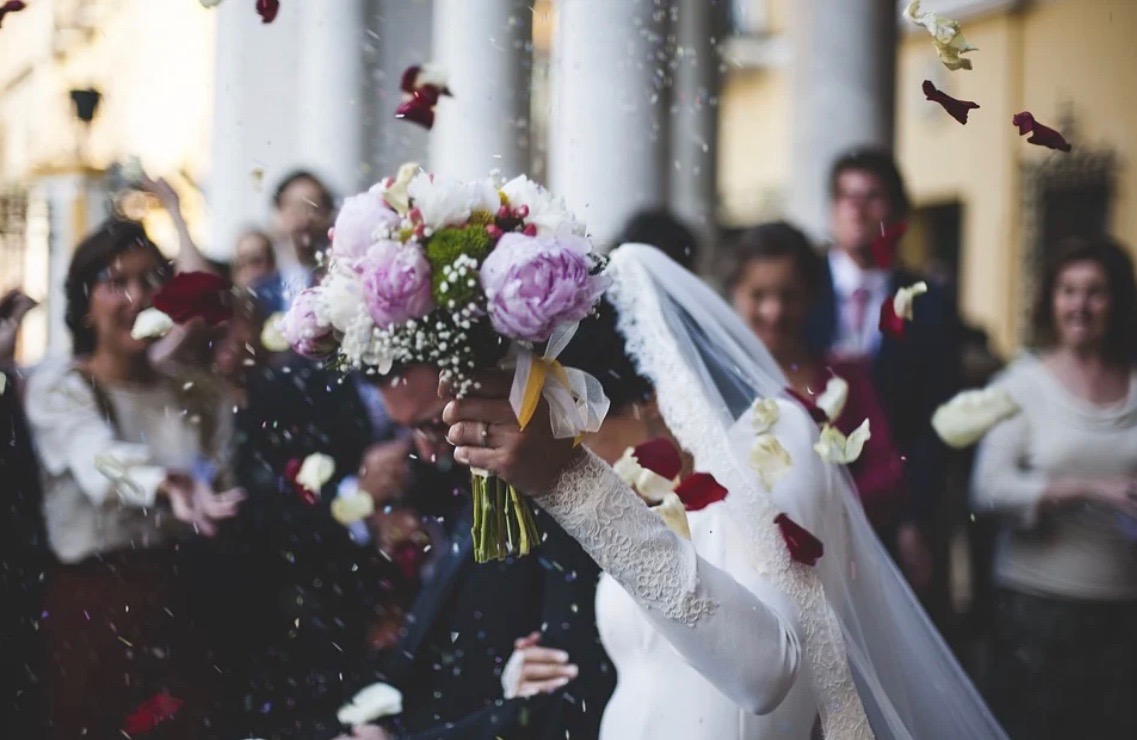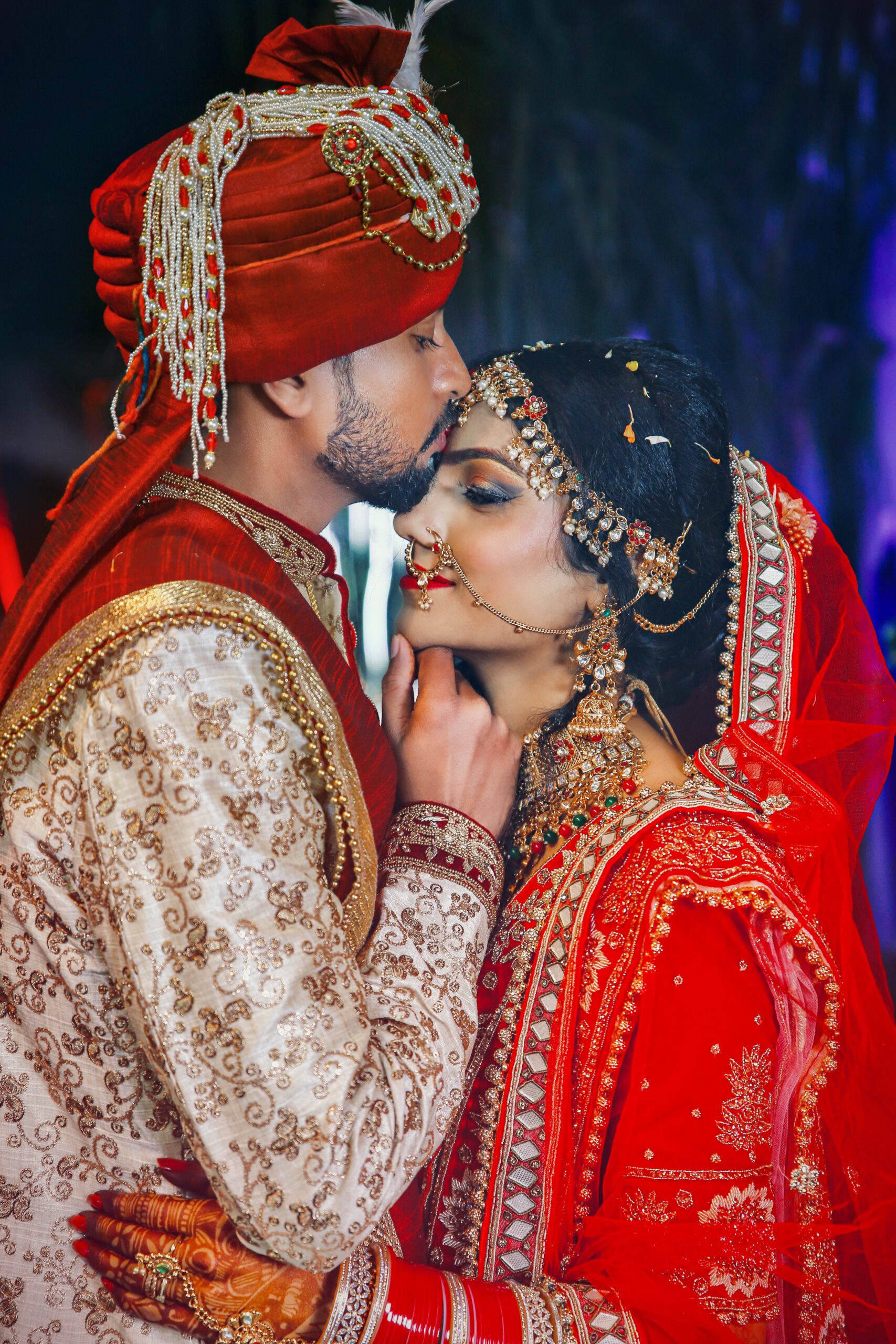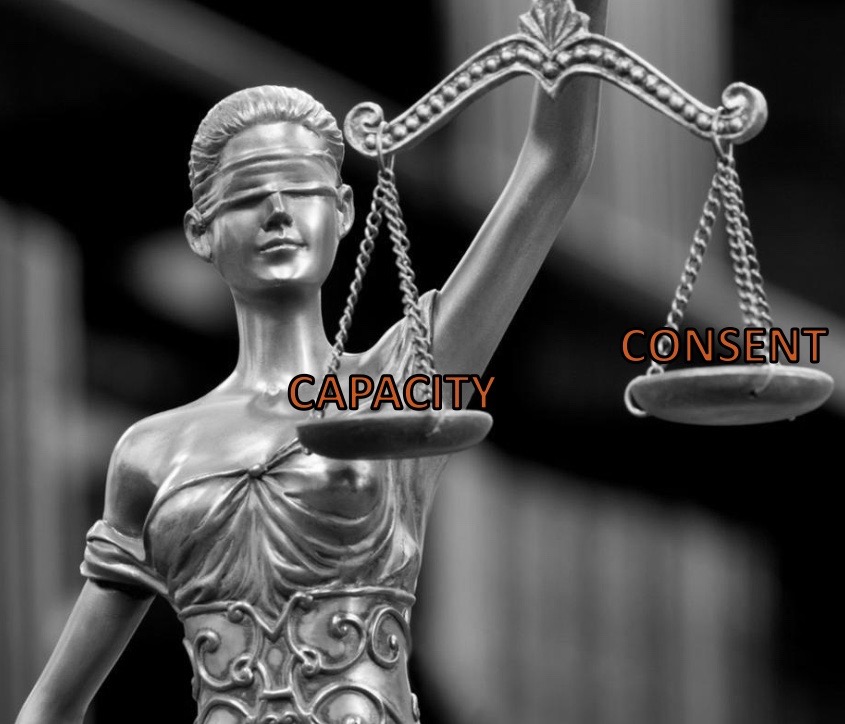Marriage in the UK

Read more about the Laws governing marriage in the UK here
- The four countries of the UK are ethnically, culturally, and religiously diverse. Furthermore, no culture, no community, and no religion is a discrete watertight monolith. Communities, cultures, and religions are continually evolving and changing, in response to local, and global politics and economic concerns. In the last year, all over the world we have witnessed and experienced how the COVID-19 pandemic has transformed our experience of how we live our lives and confront death. .
- It is perfectly possible for a person to belong simultaneously to more than one community. For instance, a person with one parent who is ethnically Indian and is a Muslim by faith, and another parent who is ethnically white European and Greek Orthodox by faith. We can belong to multi-racial communities bound together by political solidarities, and communities of global solidarity, like millions who have come together out of their concern for climate change and the environment. : The UK is a melting pot where various communities live together on complex intersections of race, religion, culture, social class, caste, and gender.
The absence of the proof of valid capacity or consent could be proof that the marriage is a forced marriage. Read below: about capacity and consent, the two of the three pillars of a binding marriage in the UK.
Read more about forced marriage here

1. What does capacity mean?
For a person to have the capacity to get married, two conditions must be met:
(i) a person getting married must not have any learning difficulties or handicap which stands in the way of him or her understanding what it means to get married.
(ii) a person must be at least 18 years old to say ‘yes’ or give consent to a marriage.
but there is a loophole in the law whereby a parent or a guardian can give consent on behalf of a child who is over 16 but under 18.
A marriage of someone aged 16-18 years old is a Child Marriage.
There is a campaign to stop child marriage. The Commission supports this initiative. The right to choose a life partner should never be taken away from a person
You can read our blog post here
2. What does consent mean?
(i) Consent to a marriage is when one partner is asked if he or she agrees to marry a named person, and answers, ‘Yes,’ or ‘I do.’
(ii) Nevertheless, simply saying ‘Yes’, or ‘I do’ is not proof of a marriage.
(iii) A marriage must take place before witnesses
3. Registration
(i) For a marriage to be recognised in the UK, it must be registered, and a certificate of registration must be issued by the registrar’s office.
(ii) This does not mean that people cannot have their marriage ceremonies, rituals and blessings under their religious laws. Nevertheless, unless the marriage is registered by a recognised registrar, if a person wishes to prove that he or she is married, they must have a certificate of registration of the marriage.
Read the testimonies of people who did not wish to get married but were forced into a marriage.
- Sameem Ali
- Payzee Mahmod
For more information on the UK Law on Marriage and Forced Marriage, click here

